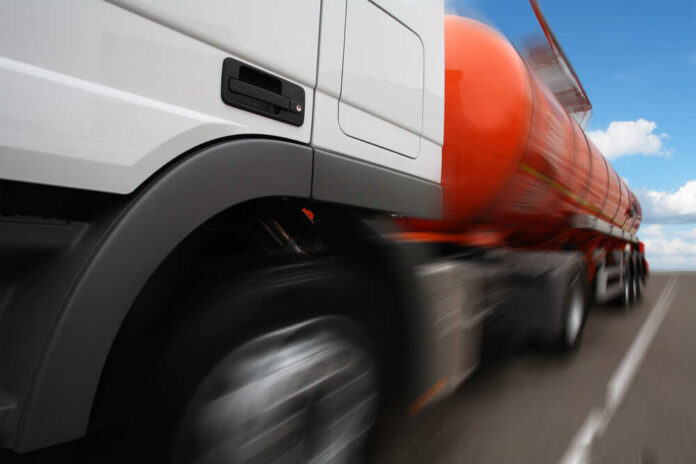
A devastating tanker truck fire on Interstate Highway 95 (I-95) in Philadelphia has left a lasting impact, collapsing the northbound side of a bridge and rendering the southbound side inoperable. Public officials are now grappling with repair costs and timelines, while travelers look for alternative routes.
Major Philadelphia Highway Collapses Following Fiery Tanker Truck Explosion (VIDEO) https://t.co/N5iOCKY9tZ
— The Gateway Pundit (@gatewaypundit) June 11, 2023
The incident has not only exposed vulnerabilities in I-95’s foundations but also shed light on long-standing public policy failures. Despite frequent discussions about infrastructure in Capitol Hill, the topic has typically been used as a guise to push other agendas, resulting in a severe lack of structural integrity of highways, bridges, and tunnels across the country.
In late 2021, Washington lawmakers passed an infrastructure bill worth over $1 trillion. However, traditional infrastructure received a mere $127 billion, slightly over ten percent of the bill’s total funding. President Biden claimed the bill would reinvigorate America and address the urgent need for roads, bridges, and other improvements.
Sadly, funding fell short, leaving significant room for endangering public safety. With excessive cronyism and expansion of government power, Congress missed an opportunity to save taxpayers billions and to provide a safe and functioning infrastructure.
This misdirected funding could have prevented tragedies like the recent one on I-95, but instead, political pet projects and a partisan agenda took precedence. Federal policies have worsened traffic congestion along I-95’s northeast corridor, depriving motorists of viable alternative routes.
The Jones Act, for example, restricts domestic water commerce to ships built, registered, and owned solely in the United States. This limitation severely limits travel options between American ports.
In February, the Cato Institute conducted a study on the impact of the Jones Act on Northeastern traffic, revealing six out of the ten most congested roads in America and two of the world’s five most congested cities are in the region. The high volume of truckers moving freight along these northeastern highways only contributes to the gridlock.
Allowing shipping between American ports would enhance efficiency and reduce emissions. Unfortunately, protectionist policies and maritime shipping unions have prevented the repeal of this law for over a century, leaving highways strained and commuters with limited alternatives during disasters.
While the tanker truck fire was an unfortunate accident, policymakers could have implemented measures to mitigate its consequences. Prioritizing infrastructure bills for traditional infrastructure and empowering American industry to develop viable contingencies could have made a difference.
As repairs on this section of I-95 will likely take months, policymakers should reflect on these mistakes and act swiftly to address them, rectifying the current state of affairs.














